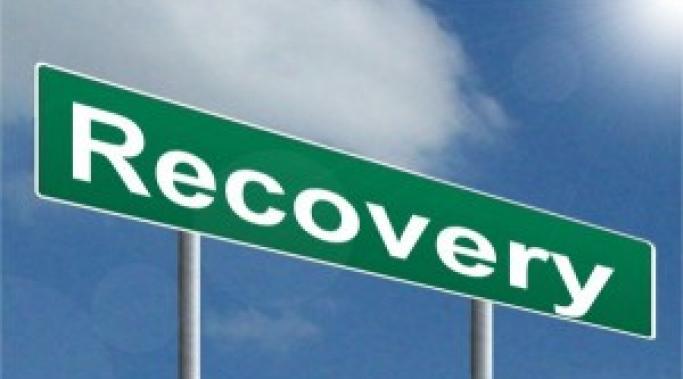I have binge eating disorder and I recently recovered from surgery. So how does one impact the other? How are things different when you have an eating disorder and you go through surgery recovery? Why would these two, separate things be related at all?
Binge Eating Recovery
Break out the party hats, today marks my three year anniversary of getting gastric sleeve weight loss surgery and taking control of my binge eating disorder. I can truly say that the last three years have been my most successful in so many areas when it comes to my eating disorder and my body. I'm so grateful for my gastric sleeve weight loss surgery anniversary and being achieve as much as I have since then.
I find it annoying to no end when someone thinks they know my binge eating disorder, all by looking at my body, seeing me eat, or reading a blog article about my struggles. It never fails that someone gains a superficial amount of knowledge about me and decides that they know everything there is to know about me and my binge eating disorder. It would be wonderful if we could know all there is to know about a person based off of a few facts about them, but we can't. No one can. No one knows someone else's entire history based off of a few interactions with them.
Staying body positive when you have binge eating disorder can be difficult. I have binge eating disorder and it has hugely impacted what my body looks like and how I feel about it. I have starved myself to 160 pounds, I have binged myself to 315 pounds, and I currently sit at a comfortable 210 pounds after gastric sleeve weight loss surgery and a lot of education about health and self-acceptance. I'm doing my best to be body positive in spite of binge eating disorder.
If you have binge eating disorder then you know compulsive hunger. This is not just hunger. It's binge eating disorder's hunger. This need to eat is not average, normal, or everyday. It's an insistent, controlling, demanding order to eat food and not stop. Compulsive hunger is part of binge eating disorder.
Skipping meals is something that a lot of people do but skipping meals when you have binge eating disorder is not going to help you manage the disease. It seems like everyone has to skip a meal at one time or another, whether they're incredibly busy or they just forget to eat. But skipping a meal when you have binge eating disorder, as a long-term habit, is going to harm your body, not help it.
My story of how I was finally diagnosed with binge eating disorder is a strange one. I had no idea I actually had a medical problem. After a lifetime of being raised on ideas that eating was easily controlled through willpower and your weight was a simple problem that the next fad diet could fix, I was inclined to think that my problems with food were down to my own lack of self-control. Receiving my binge eating disorder diagnosis was a complete shock.
No matter who you are, whether you have binge eating disorder or not, you have witnessed or been the victim of body shaming. When you have binge eating disorder, however, body shaming can become internalized and a deeply-seated part of your illness. Body shame is everywhere in society and generally accepted when it comes to discussing larger bodies. But all hope is not lost.
How does alcohol impact binge eating disorder? How does binge eating disorder impact your alcohol intake? This is going to be different for all individuals. However, psychiatric illnesses sometimes come with an increased risk of addiction. This risk can become even higher if there is a comorbidity with other diseases. But when you have binge eating disorder, drinking alcohol to cope with food anxiety can be a problem.
It's easy to overlook hydration when you have binge eating disorder. It's easy to overlook it when you don't have binge eating disorder. However, hydration should be an important thing for everyone, especially when you have binge eating disorder as dehydration can lead to overeating.








